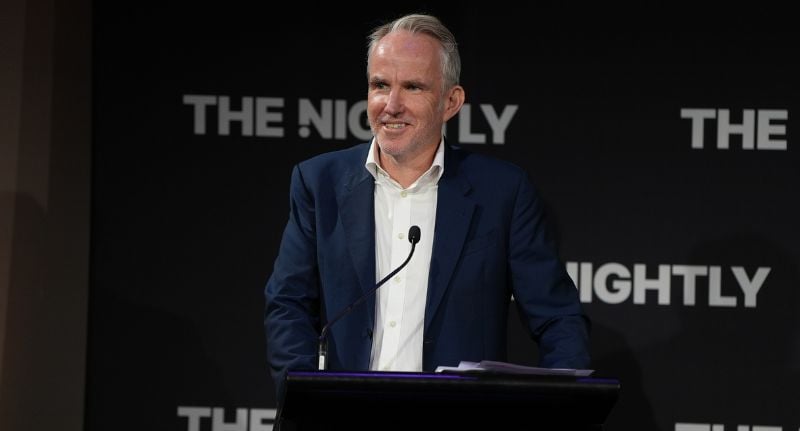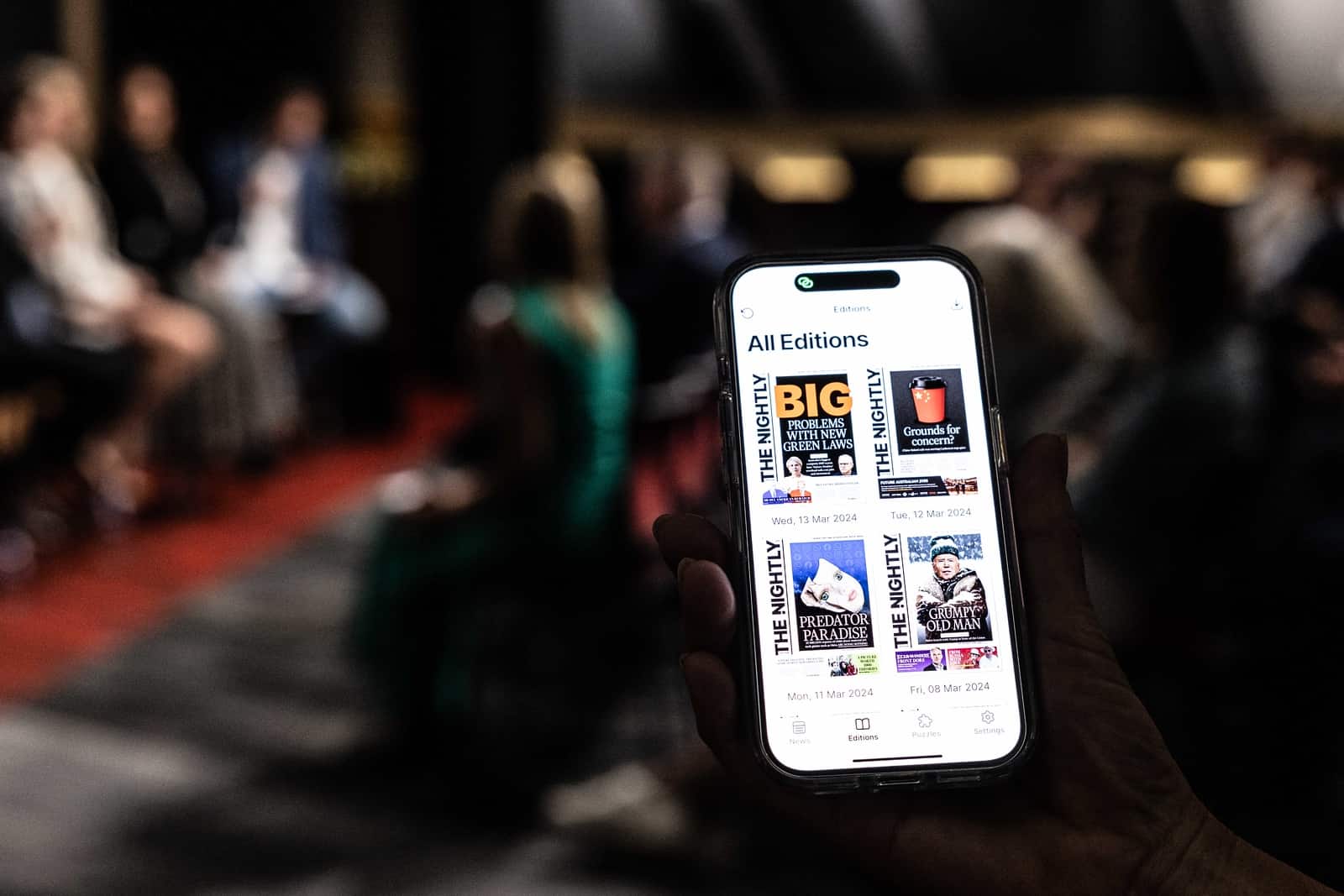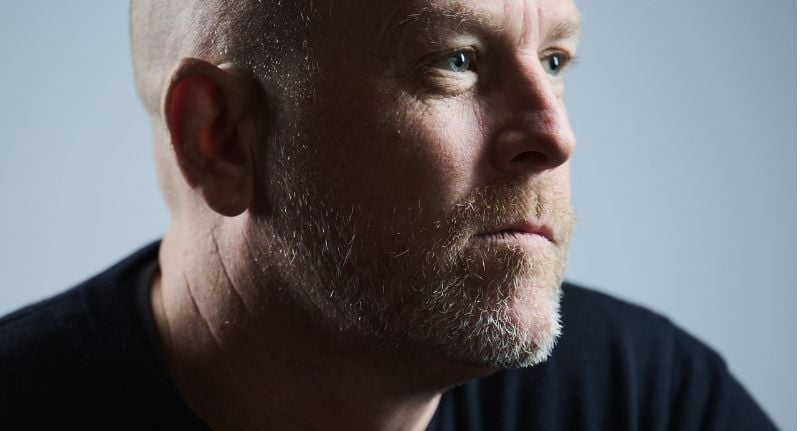Richard Clune is sick of bad writing. Travel writing, to be specific. It’s why he’s determined to lift the standard in his new role as The Nightly’s editorial director of travel.
Seven West Media’s national digital news brand has appointed the award-winning journalist ahead of launching a new premium travel vertical. Clune brings two decades of experience across television, radio and print, having held senior roles at The Australian and The Sunday Telegraph, as well as editor and columnist positions. He was previously editor of GQ Australia and served as editor-in-chief and publisher of Robb Report ANZ.
Most recently, he launched the men’s lifestyle title BH through his brand consultancy Bleue, earning industry recognition for its editorial quality. His background in creating and building premium content brands is expected to shape The Nightly’s travel strategy from the ground up.

The Nightly Editor-in-Chief Chris Dore
Raising the bar on travel storytelling
Clune tells Mediaweek his goal is to “bring engaging, evocative, and authoritative storytelling back to travel,” a vision he says extends to all forms of editorial.
He admits he’s not a fan of the term “content” but wants stories that are “robust, characterful, unafraid to hold an opinion” – an approach he feels “neatly dovetails with what The Nightly has been doing.”
That alignment with the publication’s editorial ethos was one of the main reasons he was drawn to the role.
“I was engaged with what Chris Dore [The Nightly’s Editor-in-Chief] and certainly Sarah-Jane Tasker [The Nightly’s Editor] have been doing over there for quite a while,” he says, before adding candidly: “I’ll be honest, there’s a lot of dross out there when it comes to travel.”
His fix is to “go back to basics and to proper, what I perceive as proper journalism: finding the story, digging a bit deeper, and uncovering the layers.” For him, “t’s about evocative storytelling” that puts the craft back into travel writing.
Calling out lazy content
Clune doesn’t mince words when describing what he’s up against.
He recalls reading “a piece about five things to do in Paris in summer” that simply listed the Eiffel Tower, the Champs-Élysées, the Arc de Triomphe, the Louvre and eating a croissant. “Mate, that’s sloppy,” he says.
Lists like that tell him two things: “One, I don’t think the right people are being employed in and around travel journalism.” And two, audiences deserve far more than a repackaging of tourist brochures.
Building the right team for the job
That belief is shaping his recruitment strategy.
“I’m not just employing travel writers per se. I’m employing journalists who understand story… people who see something in the details,” he explains.
Some of those he has in mind are seasoned professionals who haven’t been on editors’ radars for some time. “There are a few writers out there that probably haven’t been thought about for quite a while who I think are still the best at what they do in this country. I’m excited to be working with them and bringing this to life with them as well.”

Knowing the Australian traveller
Clune’s editorial direction also reflects how Australians think about travel.
“We want to be doing things a little bit differently, which aligns to not only The Nightly’s audience but also aligns to the way the Australian traveller is evolving as well,” he says.
And when it comes to their passion, he’s unambiguous: “Aussies love travel more than Trump loves tariffs… Even if you aren’t travelling, Australians are still consuming the content. They’re dreaming about it. They’re plotting it. They’re thinking about that time when it’s right for them to travel.”
To meet that appetite, he wants stories that go beyond the obvious.
“They’re looking at second cities. They’re looking beyond where they’ve been before. So from our end it’s about talking to that but also showcasing things in a robust and sharp manner in terms of our writing.”
Following the story, not the split
When asked about the mix of domestic and international coverage, Clune says there’s no set formula.
“There’s no definitive answer. We’re not saying it’s going to be 60% international and 40% domestic. It won’t be that way.”
For him, the decision is always about the strength of the idea. “The story… is what will drive it, yeah? I love – Is it unique? Is it unique? How do we do it? How do we do it differently? Even if we have to touch on Paris, I can guarantee you it will be nothing like that list I read out before.”
